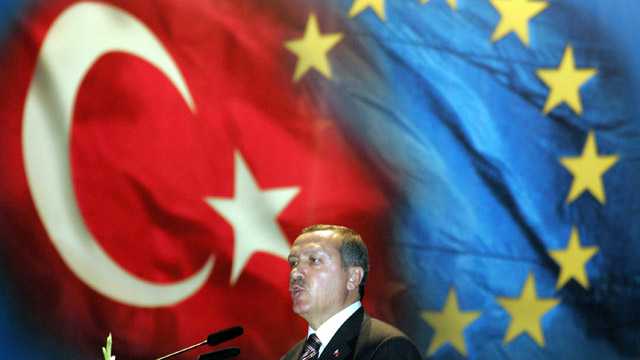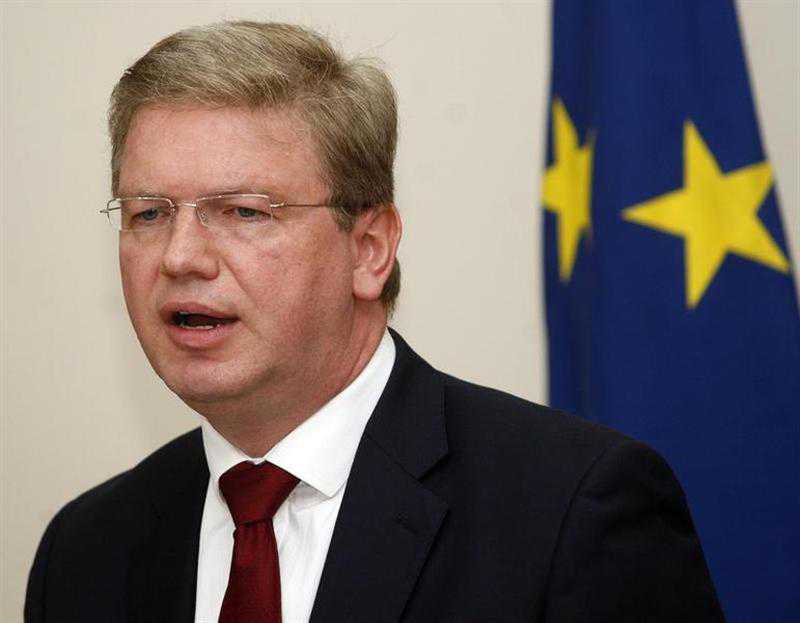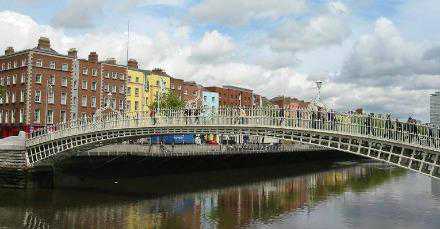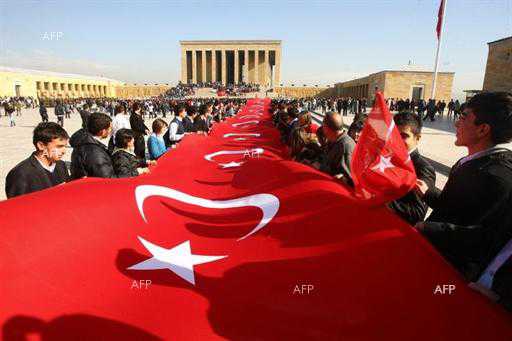Turks used to think that “the West” was a civilization. Yet for the past 100 years they have seen that this is not true. To be “a civilization,” they should act civilized; but they don’t. The latest examples: Two World Wars, Palestine genocide, childish nuclear pissing contest with Russia.
On the contrary, the West was as bloody as any bloody period in human history, if not more so. They enriched themselves on the backs of the poor nations through open and hidden slavery, invaded areas with rich underground resources, eliminated much of the native populations, brought slaves, and dominated the world.
They became richer, not because they were better people, but because they were not. This then gave them a superiority complex. Almost all wars were started by them.
The superiority complex, made them racists, belittled any people who didn’t dress, talk, or lived like them. So, here we have a Europe who cannot stand Turks and their music, food, religion, just seeing them among themselves is enough to find any reason to reject entry into the EU.
As an example, In the 20th Century, if you count Russia as part of the West, this academic report says the Western countries have killed 30 times more defenseless civilians as the Islamic World: https://www.hawaii.edu/powerkills/20TH.HTM.
The difference is not a percentage; it is 30 times. The disparity ratio increases to 60, if you eliminate the two Jewish leaders in the transition from the Ottoman-to-Republic period.
The situation is not any better when it comes to starting wars and various conflicts around the world.
So, I think the world should come up with a better definition of what “a civilization” is, to help educate the World public opinion to create a just and civil world order.
This education should start how the Muslims taught them “equality among all before God,” and equal justice, mathematics, musical notes; how all major scientific disciplines were started by Muslims, including scientific methodology, mathematical algorithms, which are the bases of today’s computational science. Your students used to come to Islamic City universities to study. They all had large libraries.
Did you get my meaning, EU?
Or are you still busy robbing various nations of their diamond, rare elements, petroleum, natural gas, their cheap labor, so that you have no time to spare for Turkiye’s application to enter EU?
Well, don’t bother. Many of us are fed up with your complexes also.Isn’t this the reason you sent your warships to the Eastern Mediterranean Sea immediately after the Hamas attack on Israel, to protect “your rights’ as a colonialist on the rich natural gas fields, worth hundreds of trillions of Dollars, that don’t belong to you but to the nations with shores on that sea.
Güneş Ecer






